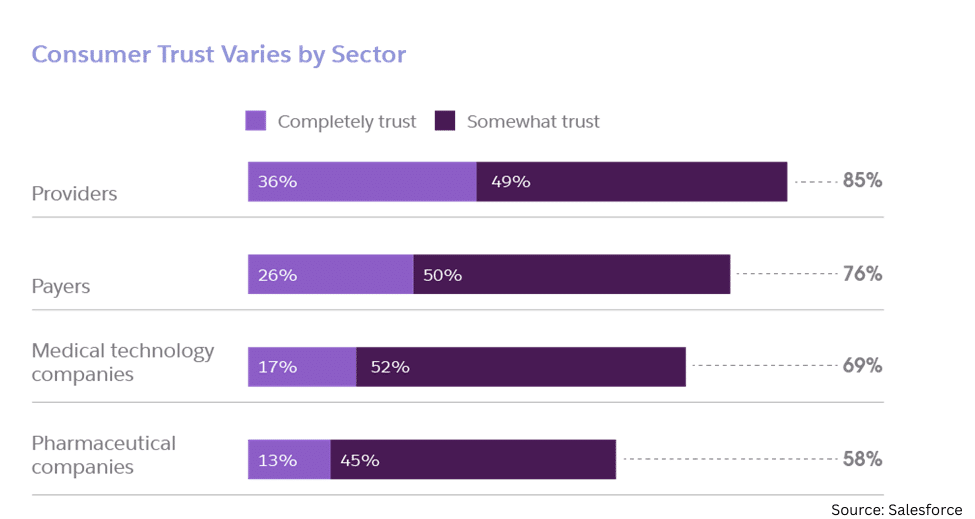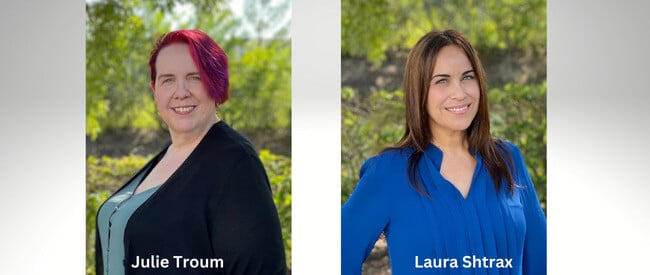Healthcare organizations have a problem with patients trusting them. Only 23% of consumers completely trust the healthcare industry, according to the second Connected Health Consumer Report by Salesforce. A 2022 Gallup poll found that strong confidence in the U.S. medical system fell 6 points to 38% from 2021.
Lack of trust undercuts efforts to engage patients more fully in their own care, hurting both individual well-being as well as the ability to drive major gains in health outcomes and costs at scale. That goes for everything from vaccination rates to willingness to receive medication reminders and enroll in patient support groups.
Fortunately, consumers also have made it clear how healthcare organizations, including payers, providers, medical device makers and pharmaceutical companies, can build consumer trust.
One key lever is communications all along the patient journey and the revenue cycle, from setting up appointments to billing and payments. Consumers who trust healthcare organizations are 6X more likely to receive timely communications than consumers who don’t trust these organizations, Salesforce found.
Troubling levels of trust

The percent of consumers with complete trust varies by industry sector, but it is not high for any segment. While more consumers somewhat trust each type of healthcare organization, nearly half, or 48%, also believe the industry as a whole prioritizes its own needs over that of patients, according to Salesforce.
Consumers lost confidence in most healthcare players during the pandemic, steadily eroding from April 2020 and December 2021, according to Trilliant Health’s 2022 Trends Shaping the Health Economy. Trust in information from doctors declined 23%, 21% for hospitals and 16% for nurses.
While physicians remain the top choice among all adults for public health information, according to Salesforce, consumers also rely on other sources including social media, search engines and family and friends for that information. For example, while 43% of Gen Z get public health information from their doctors, search engines come in a close second at 41%.
Building trust through communications
One major Salesforce finding is how much personalized communications can move the dial on trust. Right now, just 30% of members receive personalized communications from their health insurer, for example. But 88% would like to.
Consumers are looking for personalized messaging as well as delivery channels, including, mail, email and text messaging. McKinsey found 71% of consumers expect businesses to tailor communications to their needs.

Among those who do receive personalized communications, 42% completely trust the payer organization compared to 12% who do not trust it, according to Salesforce. That’s 3.5X more members who give full trust to their health plan and considerably higher than the 26% overall that completely trust payers (see table).
Another area that could increase trust: Making patient financial communications easier to understand. A full 73% of consumers are confused by medical bills, 72% are confused by explanations of benefits and only 1 in 3 can define all three of the common insurance terms: premiums, copays and deductibles, according to InstaMed’s latest Annual Healthcare Payments Report.
Close the trust gap with personalized patient financial communications
Our patented Expresso® customer communications management platform makes it fast and easy to compose personalized print and digital billing statements, payment confirmations, and other critical patient financial communications. Our cloud CCM system integrates seamlessly with our digital and print production and delivery, letting revenue cycle management firms and health systems automate and address patient communication preferences from mail to mobile.
Please contact us to learn more.






